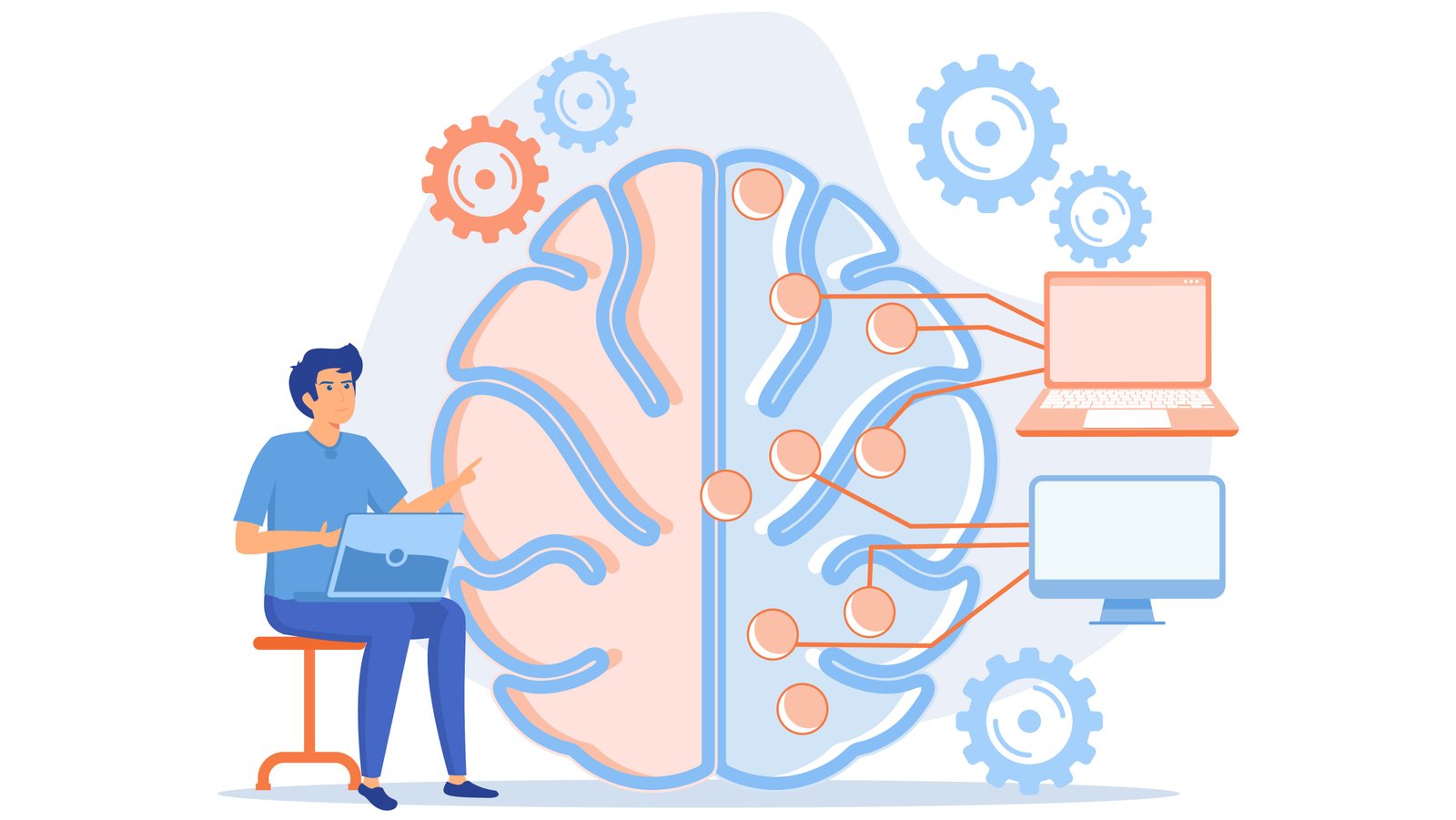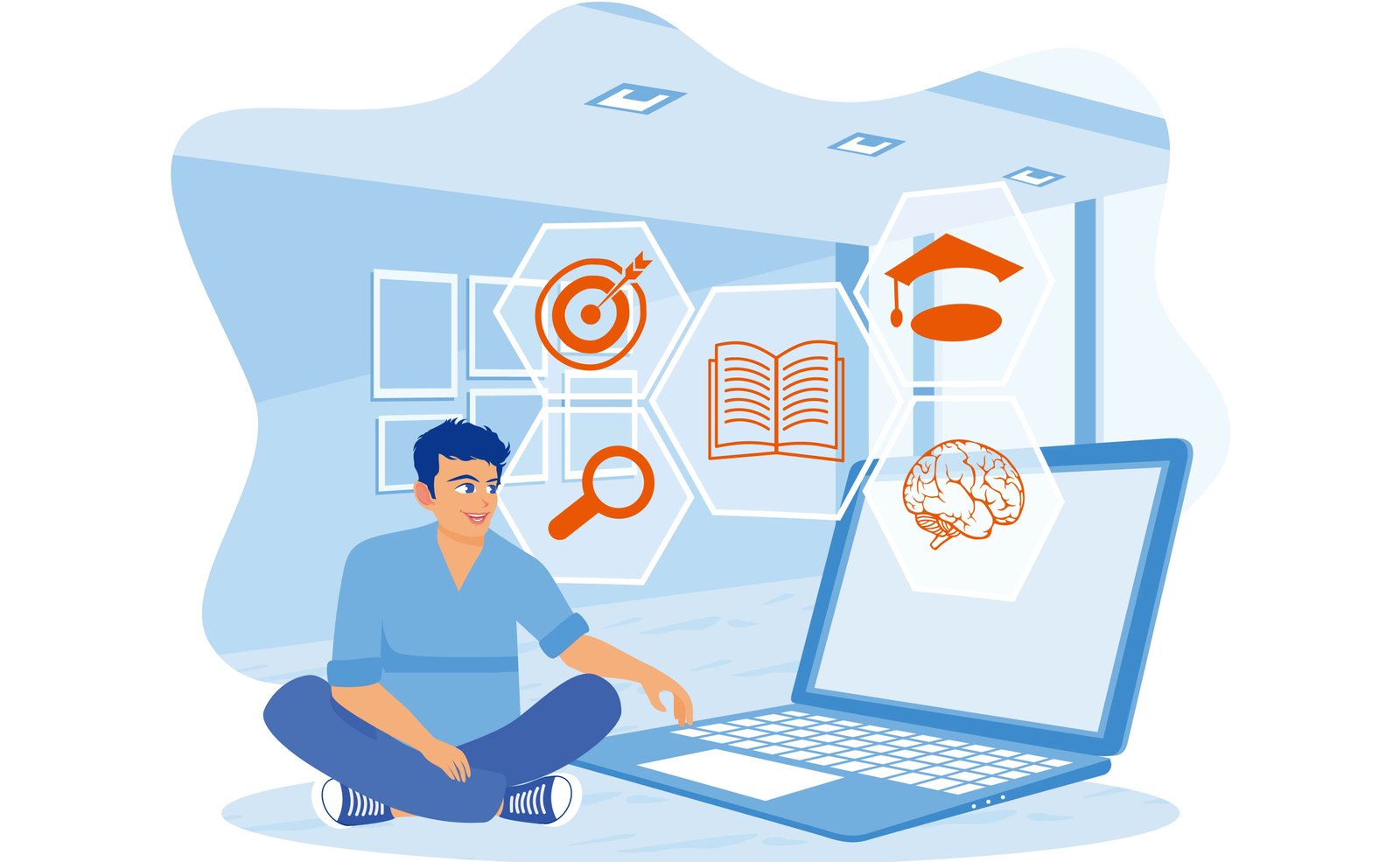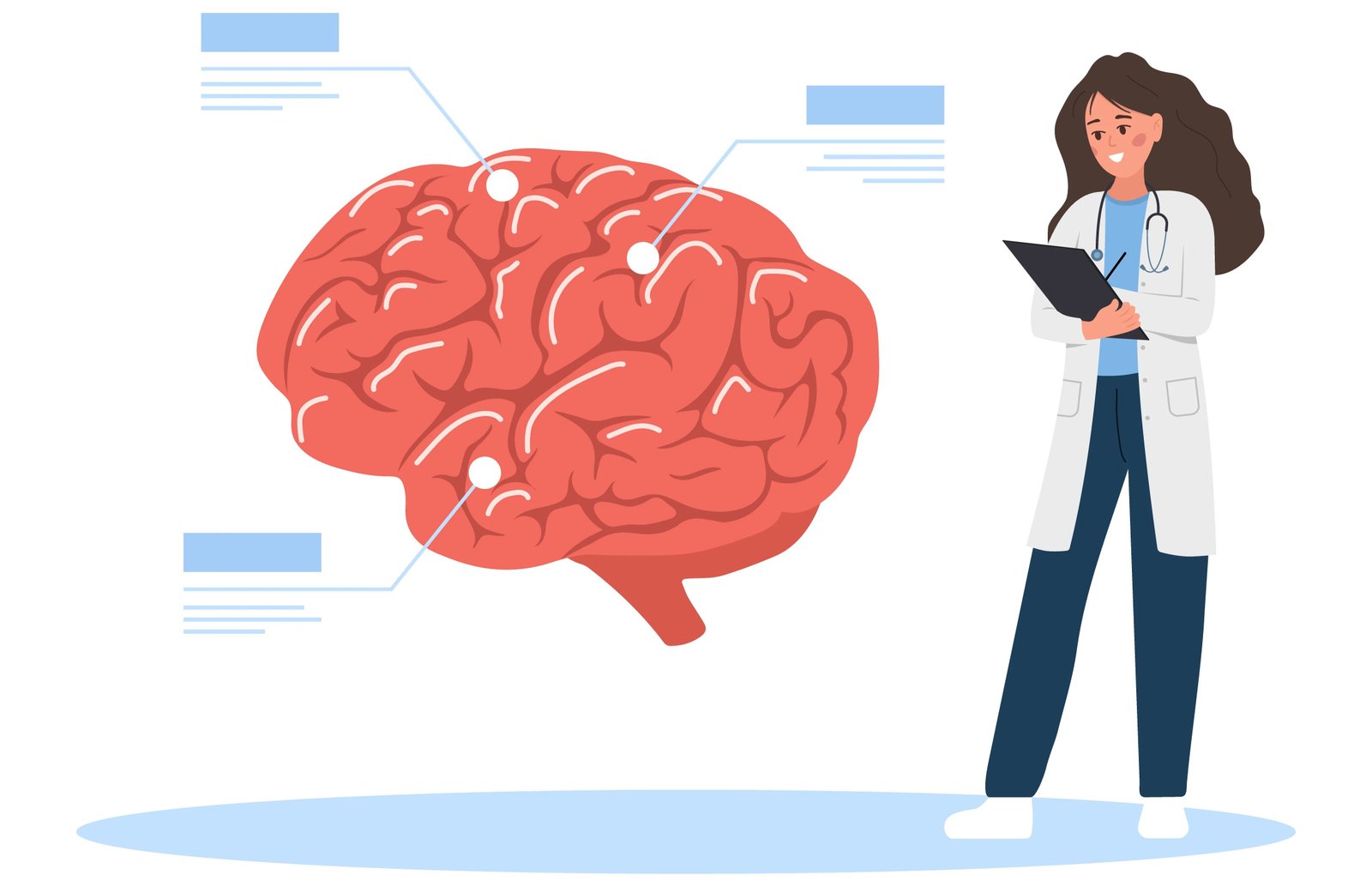

Navigating India’s Professional Courses: The Crisis of Choice, Aptitude, and Emotional Commitment
India's higher education system is experiencing two contrasting phenomena: a boom in options driven by technological disruption and a persistent crisis of completion as evidenced by high rates of dropouts and delayed degrees. Official statistics reveal a significant concern: the high rates of dropouts (9- 11%) and delayed completion (15-19%), pointing to a fundamental mismatch between students and their chosen programs. While sheer intelligence isn't enough, this crisis is deeply rooted in academic, financial, and personal stress, often amplified by a lack of aptitude and the resulting emotional burden.
The Burden of Choice: Analysis Paralysis in the Age of AI
The disruptive nature of Artificial Intelligence (AI), Information and Communication Technologies (ICT), and allied fields has led to a plethora of new, specialized, and often overlapping courses. Traditional streams like Engineering and Management now split into hyper-specific domains:
Emerging Domains: AI Engineering, Machine Learning (ML) Specialization, Data Science, AI Ethics Specialist, Quantum Computing, and Generative AI Development.
The Dilemma: This multiplicity of streams, while offering immense career prospects (India expects 2.3 million AI-related jobs by 2027), creates a profound problem of analysis paralysis for students. Students fear making the "wrong" choice in a rapidly changing world. They endlessly wrangle over pros and cons, seeking a "perfect" solution that doesn't exist. This continuous overthinking—fuelled by the perception that the career window for certain skills is short—creates acute anxiety and dissatisfaction right at the entry point, eroding commitment even before the academic rigor begins.
The Emotional Cost of Aptitude and Motivation Mismatch
Once enrolled, the absence of innate aptitude and intrinsic motivation transforms academic difficulty into a crushing emotional burden, directly affecting a student’s commitment:
- Aptitude Mismatch and the Spiral of Failure: The leading cause of delayed completion in streams like Engineering is academic failure. When a student lacks the natural aptitude for core subjects (like advanced mathematics or technical problem-solving), the academic requirements become an overwhelming obstacle. The resulting backlogs create an intense emotional burden of constant failure and repetition, compromising their ability to sustain commitment through a stressful extra year.
- External Motivation and Eroded Aspiration:Students who choose a field like Management purely based on external motivational triggers (e.g., parental prestige, expected salary, or peer pressure) without an intrinsic passion for the work often struggle. The nearly 12% dropout rate in Management is significantly linked to placement uncertainties. When the course fails to deliver the expected immediate reward, the external motivation vanishes, and commitment rapidly erodes.
- Personality vs. Pressure: Highly rigorous fields demand specific personality traits. In Law or Architecture, where success depends on public performance (moot-courts, Jury viva), students with introverted personalities or lower stress tolerance face relentless emotional strain. The high failure rates in these critical evaluation stages become a personal crisis, leading to burnout and eventual dropout.
Proactive Steps for Sustainable Career Choices
To minimize these mid-course breakdowns, students must adopt a robust decision-making framework:
Prioritize Aptitude and Interest over Prestige: Utilize psychometric and aptitude testing to scientifically validate a genuine fit. The future belongs to those who excel in working with AI (e.g., AI Auditors, Prompt Engineers, AI Ethicists), not just those who code.
Reality-Test Aspirations: Shadow professionals, take short courses, and engage in internships early. This helps define realistic motivational triggers and avoids the shock of curriculum-to-career misalignment.
Simplify the Choice Set: Rather than attempting to evaluate the "plethora" of new streams perfectly, focus on a core technical domain (e.g., Data Science, Cybersecurity, Robotics) and choose a program that provides strong AI literacy and ethical training, preparing them for inevitable technological changes.
